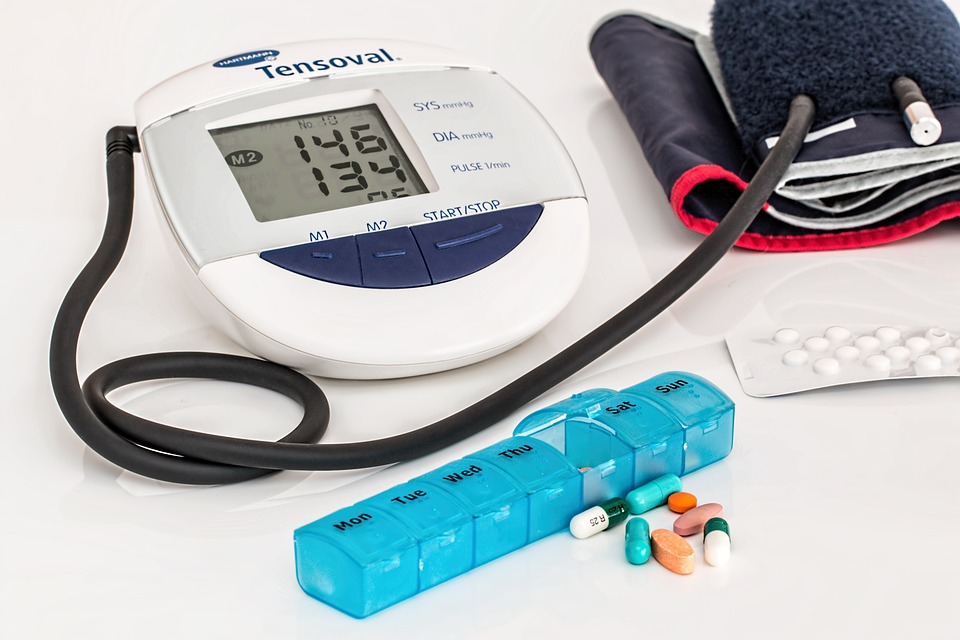Introduction
Gut health plays a crucial role in maintaining overall well-being. Emerging research has shown that the gut, often referred to as our “second brain,” is linked to various aspects of physical and mental health. From digestion and nutrient absorption to immune function and mood regulation, the health of our gut impacts our entire body. In this article, we will explore the intricate relationship between gut health and overall well-being, uncovering the importance of nurturing our gut for optimum health.
The Gut Microbiota
Our gut is home to trillions of microorganisms, collectively known as the gut microbiota. These microorganisms are mainly composed of bacteria but also include fungi, viruses, and other microbes. The gut microbiota helps break down food, produces essential nutrients, supports the immune system, and maintains the gut lining’s integrity.
Research demonstrates that the diversity and composition of the gut microbiota greatly influence overall health. A healthy gut microbiota contributes to proper digestion, prevention of infections, regulation of inflammation, neurotransmitter production, me壯陽藥
tabolism, and even brain function.
Gut Health and the Immune System
A significant portion of our immune system resides in the gut. The gut-associated lymphoid tissue (GALT) acts as a defense mechanism against harmful pathogens. A well-functioning gut fosters a balanced immune response, which both protects us from infections and reduces the risk of autoimmune and inflammatory conditions.
Imbalances in the gut microbiota, such as a reduction in beneficial bacteria or the proliferation of harmful bacteria, can lead to a weakened immune system. This imbalance, known as dysbiosis, may increase susceptibility to infections, allergies, and various autoimmune diseases.
Gut Health and Mental Well-being
The gut-brain axis is a bi-directional communicative pathway connecting the gut and the central nervous system. It enables communication via neural, immune, and endocrine signals. Scientific studies suggest that the gut microbiota influences brain development, function, and behavior through this axis.
Instances of anxiety, depression, and stress-related disorders have been linked to gut dysbiosis. The gut microbiota produces neurotransmitters like serotonin, dopamine, and GABA, which regulate mood and stress responses. An imbalanced gut microbiota may disrupt this neurotransmitter production, potentially contributing to mental health issues.
Gut Health and Digestion
Good gut health is vital for efficient digestion and nutrient absorption. The gut lining, consisting of a single layer of cells, acts as a barrier against harmful substances while allowing nutrients to pass through. Imbalances in the gut microbiota can impair the integrity of this lining, leading to a condition known as leaky gut syndrome.
Leaky gut syndrome is characterized by increased permeability of the gut lining, allowing toxins, undigested food particles, and other harmful compounds to enter the bloodstream. This can trigger inflammation, food sensitivities, and digestive disorders, further affecting overall well-being.
Tips for Nurturing Gut Health
Fortunately, several lifestyle changes can promote a healthy gut and enhance overall well-being:
1. Eat a Balanced Diet:
Consuming a varied and balanced diet rich in fiber, fruits, vegetables, and fermented foods can support a diverse and healthy gut microbiota. Probiotic-rich foods like yogurt, kimchi, and sauerkraut provide beneficial bacteria. Avoid excessive consumption of processed, sugary, and fatty foods that can harm the gut.
2. Stay Hydrated:
Drinking enough water promotes regular bowel movements and helps prevent constipation, a common gut issue. Proper hydration also supports the mucosal lining of the intestines, aiding digestion and minimizing the risk of digestive disorders.
3. Manage Stress:
Chronic stress negatively impacts gut health. Engage in stress-reducing activities such as exercise, meditation, and hobbies. Prioritizing quality sleep also helps manage stress levels and promotes a healthy gut.
4. Limit Antibiotic Usage:
While antibiotics are essential for treating bacterial infections, they may disrupt the delicate balance of the gut microbiota. When possible, opt for natural alternatives and discuss the proper use of antibiotics with a healthcare professional.
5. Exercise Regularly:
Physical activity promotes healthy digestion and regulates bowel movements. Aim for at least 30 minutes of moderate exercise most days of the week to support gut health.
Conclusion
As research continues to unravel the complexities of gut health, it is becoming increasingly evident that our gut plays a crucial role in our overall well-being. Nurturing a healthy gut through a balanced diet, stress management, regular exercise, and other lifestyle choices can lead to improved digestion, enhanced immune function, better mental health, and ultimately, a happier and healthier life.




